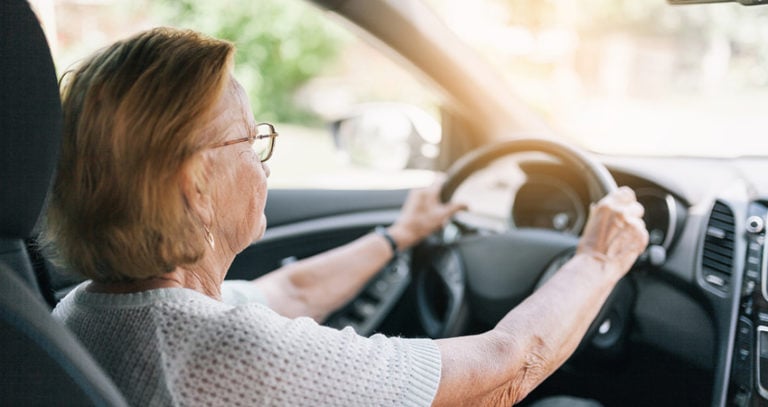June is National Cataracts Month and a good time to consider the effects developing cataracts has on a person’s life, along with the risks and complications that come with not having the surgery. How is cataract surgery tied to a lower risk of car crashes and other safety hazards, for example?
About Cataracts
Cataracts are a clouding of the lens inside the eye that helps focus light. In a healthy eye, that lens is clear, allowing light to pass freely. As a person ages, though, a lens can become cloudy, leading to:
- Blurry vision
- Double vision
- Poor night vision
Imagine trying to see the world through a cloudy window and you get an idea of what it is like to have cataracts. This is what 60 to 70 percent of Americans as they age and are diagnosed with cataracts.
What is Cataract Surgery?
Cataract surgery involves removal of the damaged lens. Once your previous lens is removed, the surgeon then installs an artificial intraocular lens to replace it. The new lens becomes part of the eye and functions like a natural lens to help patients see clearly.
Cataract surgery is an outpatient procedure that will successfully restore normal vision to most people who complete the procedure.
Cataracts and Driving
It shouldn’t come as a big surprise that driving with cataracts increases a person’s chances of having a car accident. Conversely, having surgery to replace the lens with a new one is tied to fewer car accidents for seniors, too.
A 2018 study found a nine percent decline in car crashes overall in people that have cataract surgery. Study data shows:
Of the almost 600,000 patients, average age 76 or older, researchers found that there were around 6,500 serious vehicular accidents five years before cataract surgery.
Three and a half years prior to surgery, 2.36 patients out of every 1,000 were in a crash.
The first year after surgery found 2.14 patients out of every 1,000 were in a crash.
A second study published in Age and Aging looked at drivers over the age of 60. The authors found cataract surgery on just one eye lowered the risk of a crash by 61 percent and adding the second eye led to an additional 23 percent drop.
Reduced vision is a very common reason for seniors to lose their driving privileges even when they have a spotless record. Often the vision problem is cataracts.
If you think you might have cataracts, it’s time to consider treatment options. Call Florida Eye Specialists to find out more about your options and to schedule an appointment today. With the largest team of cataract surgeons in the region, our team of surgeons represents the best treatment options available for patients in the Jacksonville, St. Augustine, and Palatka areas. Choose from one of eight locations in the region and work with our cataracts concierge who will walk with you through every step of the process. Request an appointment today to get clear vision again.

